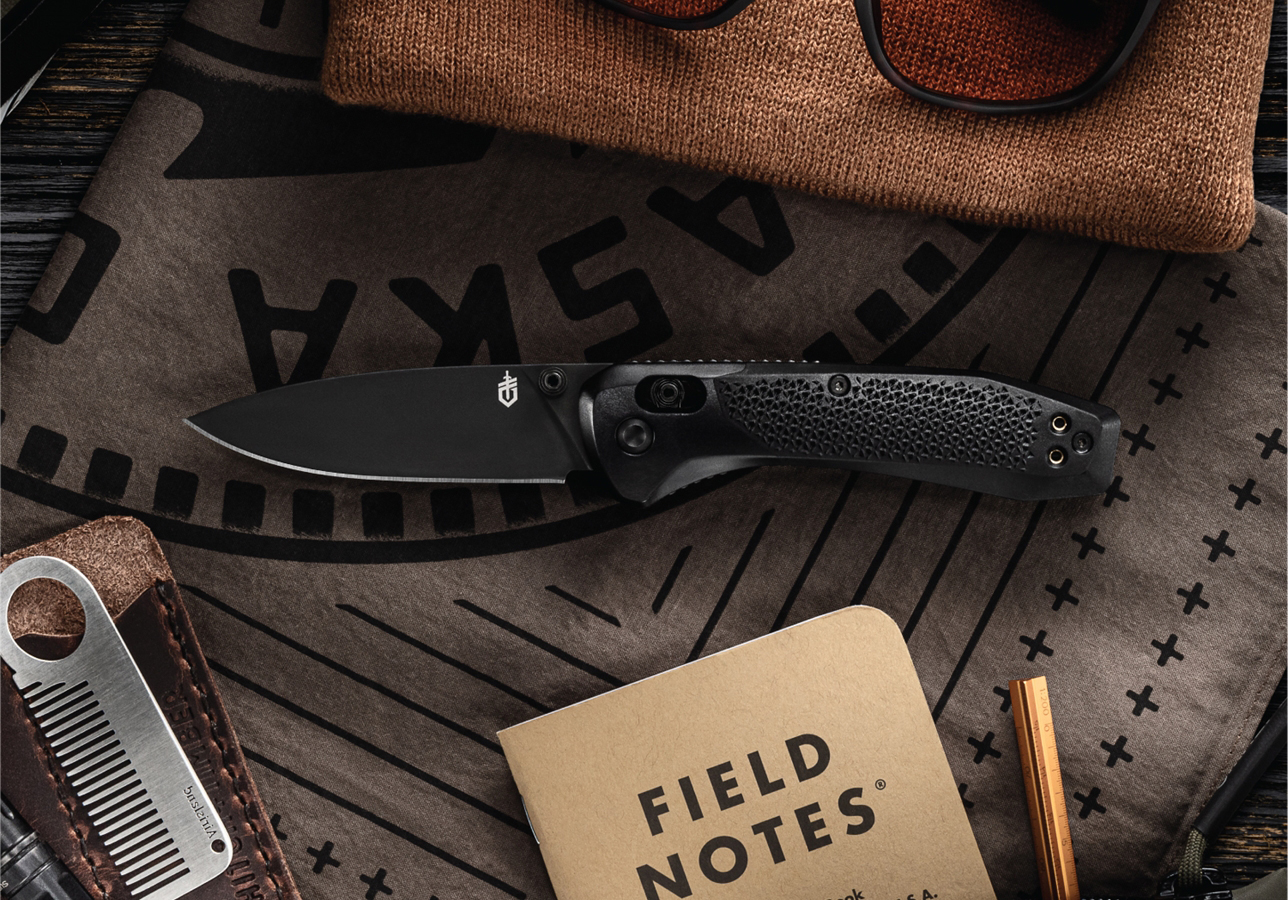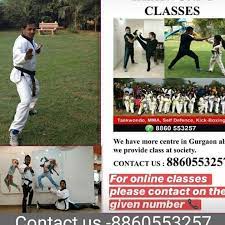
A defensive keychain is a great way to offer self defense options. These keychains can be smaller versions of the standard-size counterparts. Their design and functionality can vary depending on the individual users' needs. For example, someone who keeps his keys in their pocket might like a thin blade-like device. However, another person may prefer a pepper spray can. Some people may prefer a larger device such as an alarm. It is crucial that you choose the right one to suit your needs.
Safety keychains
A safety keychain that includes a knife and other sharp objects can be useful in protecting you if you are ever attacked. These self-defense tools have many uses and are versatile. If you are attacked or threatened by an aggressive dog, your safety keychain can be used to strike them in the stomach or groin.

Kubaton weapons
Kubaton weapons make it easy to defend yourself when you're on the go. They are made of heavy-duty, plastic with a sharp edge and rubber overlay. When struck, they flex out of the way. A keychain with one of these is a great option to help you protect yourself from any unexpected situations.
Toothpicks
Toothpicks are a great tool to keep in your pocket or backpack. They are a versatile, easy-to-use way to defend yourself against an attacker. The Titaner Titanium Toothpick only weighs 0.15oz and comes in a discreet keychain. Unscrew your keychain to reveal a 1.77-inch long titanium toothpick that you can use as a weapon. The titanium toothpick is durable and has a tumbled surface and grooves at base for improved grip. It is ideal for backpacking, hiking and other outdoor activities.
Alarms
An alarm for your keychain could help you to protect yourself if you are worried about being robbed. Alarms for keychains can be as loud as an ambulance siren and even scare away potential thieves. These devices attach easily to bags, keychains, wallets and other small objects and emit a 130dB alert when pulled. The siren can be activated to alarm others and startle the attacker.
Mini stun guns
Stun guns are great for self defense and can be carried easily. These devices are small enough to fit in a keychain and do not stick out of the hand as far as larger stun guns. Since the guns are small, they are not as easy to grab or get lost in a purse. You can conceal them in your hand.

Pepper spray
Pepper spray for keychain protection is a great way of protecting yourself from being attacked. It is small enough for keychain attachment and can be used up to 12 ft away. This device is deadly when used properly. If an attacker cannot escape, the aggressor can be held hostage.
FAQ
What are some of the benefits of learning martial arts?
Martial arts training helps you develop skills you can use in any situation. They will make you stronger and faster. In addition, they teach you how to deal with different types of attacks.
They also improve your confidence level. If you feel secure, you are more likely to be relaxed and less stressed.
They are great for your overall health. Regular exercise is proven to improve your physical condition.
How do beginners do self-defense?
Not only are experts trained in self-defense, but so is everyone else. It is also important to be able defend yourself alone. It is important to learn the basics of how to defend yourself against an attack.
Begin by practicing basic moves like punching and kicking. You can then move on to more advanced moves such as grappling or joint locks.
It's always helpful to practice similar things to what you would face in real-life situations. You can use a pillow to practice how to kick someone.
So you don't get hurt while practicing. Be careful not to strike anything too hard as you could cause damage.
How much does it cost to enroll in a self-defense course?
There are many self defence courses. The price varies depending on where you live and whether you attend in person or online.
Some schools charge only $50 per month, while others can charge up to $200.
Local community centers are a great option if you are looking for an affordable alternative. These places often offer free self-defense classes.
Statistics
- Verbal harassment was the most common form, but 51 percent of women said they were touched or groped in an unwelcome way, while 27 percent of women survived sexual assault. (healthline.com)
- Some people walk into a gym thinking they are going to become the best by training whenever they like and not putting 100% effort in. (budodragon.com)
- The Rape, Abuse & Incest National Network reports that 70 percent of sexual violence cases aren't committed by random strangers in a dark alley but by people we know: friends, family, partners, co-workers, etc. (healthline.com)
- Boxers aren't allowed to fight in a clinch, which is a position that occurs in 80% of the streetfights. (mmaclan.com)
External Links
How To
Which type of self-defense should you learn?
Self-defense is a broad term, which can cover a wide variety of options. There are many types of self-defense you can learn. Here are some of the most common ones:
-
Boxing - Because it trains you to use your hands in combat, boxing is a great choice for self defense. While most people think only men can box, many women can. You can learn boxing from women using a variety methods including private lessons and gyms as well as online courses.
-
Wrestling - Although many people believe it's not a legitimate sport, it is. It was once the nation's pastime. You can learn to wrestle online, in a gym, or privately.
-
Jujitsu (Jujitsu) - Jujitsu helps you defend yourself using your own body weight. It is easy to learn, and it improves balance and coordination.
-
Kickboxing - Kickboxing, which is similar to Muay Thai's, uses kicks in place of punches. It's a full contact combat sport, which doesn't require any rules. It's an excellent choice for beginners, as it's simple to learn.
-
Tae Kwon Do – TKD - Tae Kwon Do is a Korean Martial Art that combines elements karate, taekwondo and jujitsu. It is an excellent choice for self-defense training without the fear of hurting someone.
-
Mixed Martial Arts (MMA - MMA is a combination of many martial arts. It combines Brazilian Jiu Jitsu, Judo, Boxing, Wrestling, and Sambo. Because of its effectiveness, it's one among the fastest-growing sports.
-
Karate - Karate, a Japanese martial art, focuses on kicking techniques. It has been around for hundreds and years, and it has changed over the years. Today there are many different styles of karate, each with its own unique moves and training methods.
-
Knife Fighting: Knives are extremely useful for defending yourself. It doesn't matter how close you are to your attacker to stab them. Only you need to know how to safely use a knife.
-
Pepper Spray - Pepper spray is a non-lethal weapon that can help you escape from an attack or stop an attack before it starts. Pepper spraying attackers is not recommended as they can be easily burnt.
-
Firearms - The last line of defense against an attacker is to shoot them. This is typically done by either law enforcement officers or civilians who have been trained to do so.
-
Self-Defense Classes- This class teaches all the skills you need in one place. They usually cover everything, from grappling to shooting.
-
Combative Sport - This is another great option. You can participate in mixed martial arts fighting or kickboxing. These sports require practice and discipline, and they teach you how protect yourself.
-
Martial Arts Schools. If you're serious in learning how to defend your self, then go to school that teaches martial art. Some schools offer classes that also include weapons.
-
Online Courses: There are many free resources you can access. 15) Books - Some books might be of assistance. Alan Peppard's book "The Complete Idiot's Guide To Self Protection" covers all the topics.
-
Start With What You Know - Before trying to learn something new, make sure you first master what you already know. By doing so, you can avoid making mistakes that could cause you harm.
I think I'll try my hand in self-defense. I have always wanted fight skills but never had the interest to actually learn them. As I get older, I may as well take care of myself and not rely on others.
I decided to start slow and see how things develop from there. To start working out with weights and other exercises, I am considering joining a gym in my area. I'm still contemplating whether I should get one.